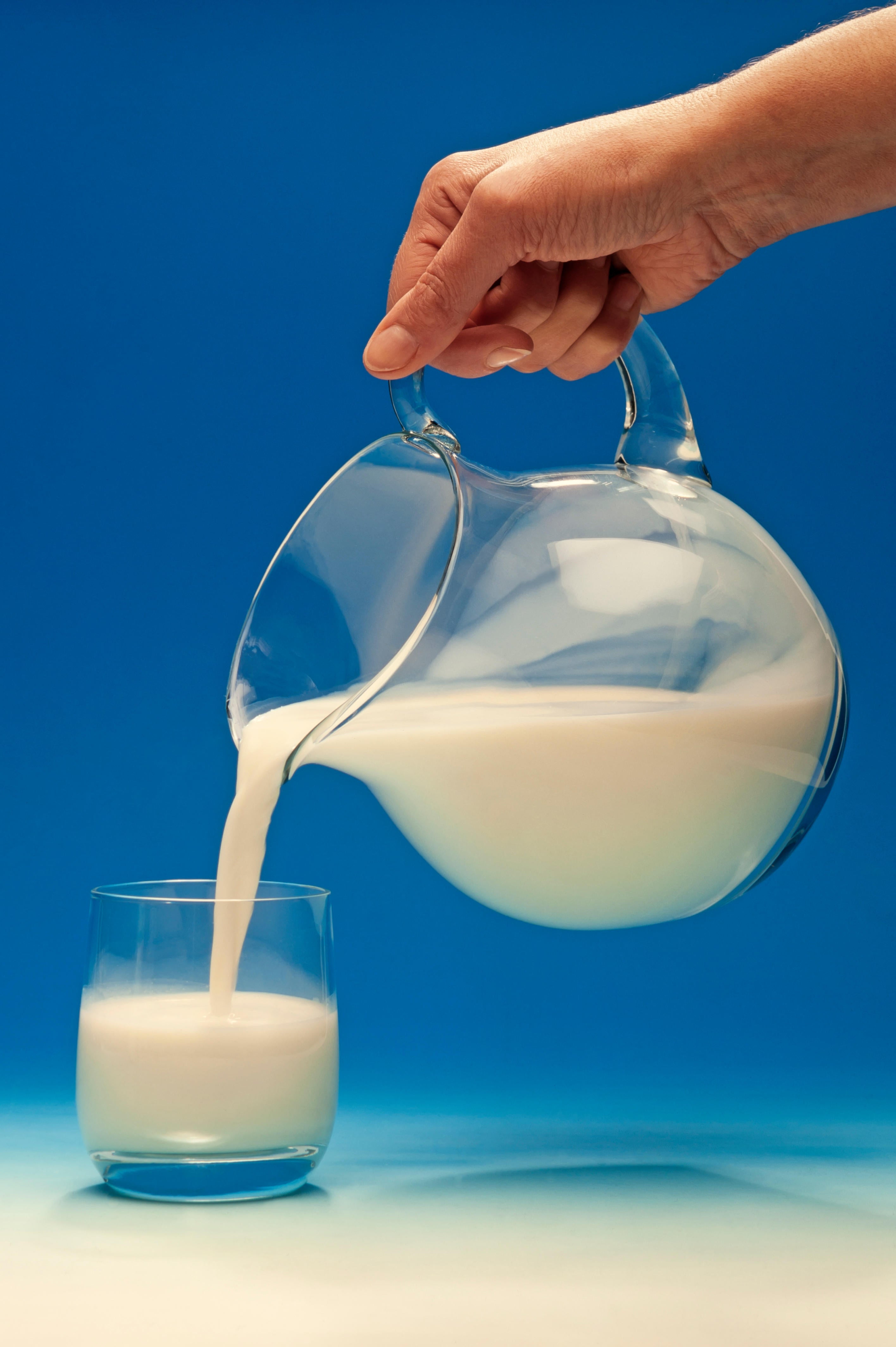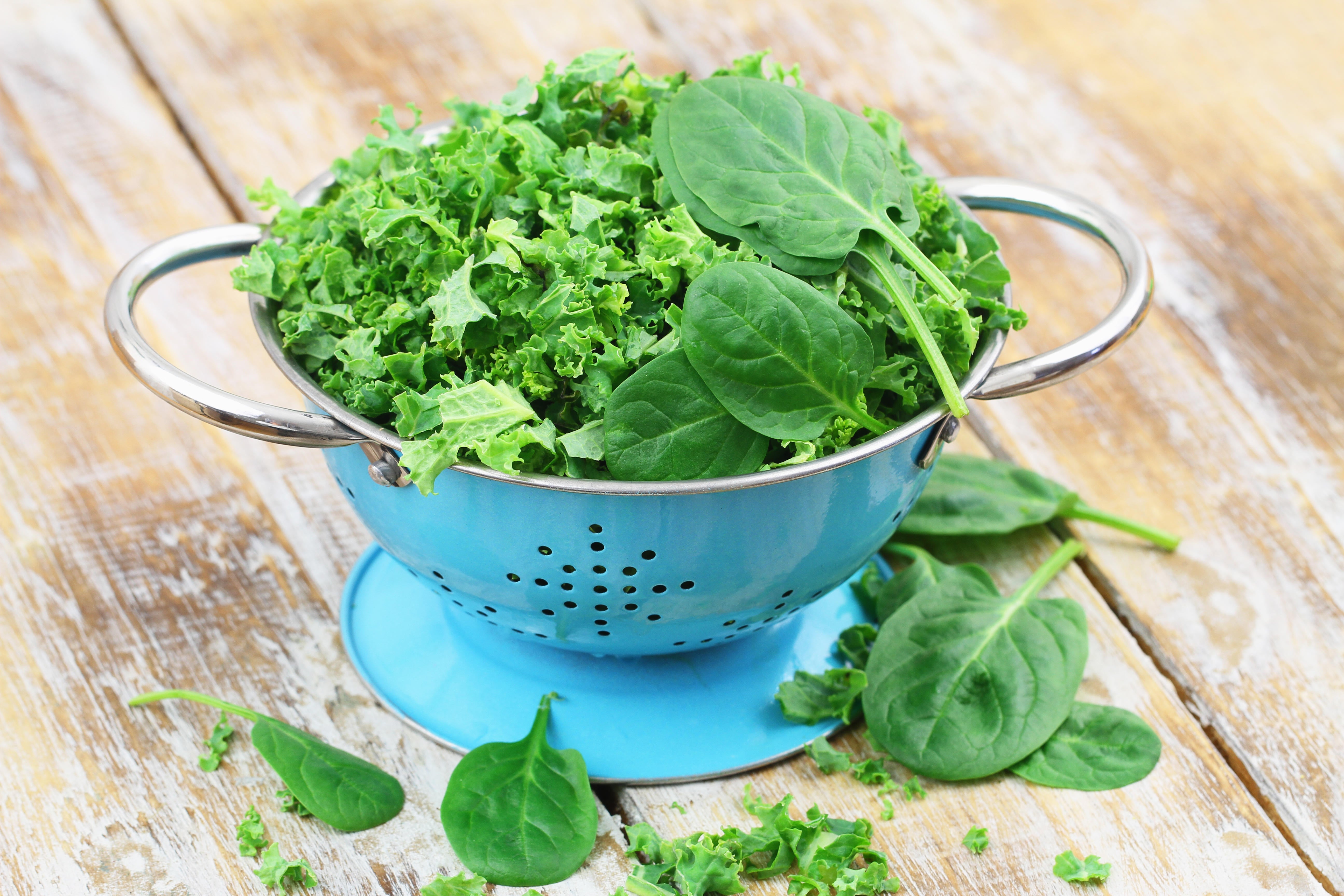
Drinking a large glass of milk a day could reduce the risk of bowel cancer by nearly a fifth, according to a new study funded by Cancer Research UK.
The study, published in the journal Nature Communications, is the largest of its kind and examined the effects of 97 dietary factors on bowel cancer risk on more than 542,000 women over 16 years.
Researchers from the University of Oxford discovered that, on average, increasing daily calcium intake by 300mg – roughly equivalent to a large 240ml glass of cow’s milk or a couple of pots of yogurt – resulted in a 17% reduction in bowel cancer risk.
“There is good evidence from previous studies that dairy products lower the risk of bowel cancer, but it wasn’t yet clear if this was driven by calcium,” says Megan Winter, health information manager at Cancer Research UK. “This paper provides strong evidence that calcium – whether it’s in dairy or non-dairy sources – could be linked to reduced bowel cancer risk.
“One possible explanation for how calcium may lower the risk of bowel cancer is that calcium binds to damaging bile acids in the bowel, preventing them from causing damage in the bowel that could lead to cancer. However, there are other theories and we need more research to determine exactly how calcium could be affecting bowel cancer risk.”
According to the charity, there are around 44,000 cases of bowel cancer every year, making it the fourth most common cancer in the UK.
So, should we increase our daily milk intake? And what other benefits does calcium offer?
Bone health
An abundance of clinical research supports the link between milk consumption and bone health.
“The synergistic interaction between calcium, vitamin D (in fortified milk, but better to source from supplements or sun exposure in the summer), and protein creates an optimal environment for bone mineralisation and maintenance,” says Rosie Carr, dietitian at eating plan Second Nature.
“These components work together, with calcium providing the building blocks, vitamin D enhancing absorption, and protein contributing to the bone matrix formation.”
However, it’s not the only factor that contributes towards our bone health.
“It’s crucial to understand that bone health involves multiple factors, including regular physical activity, hormonal balance and other nutrients beyond calcium alone,” clarifies Carr.Muscle growth

“The protein composition in cow’s milk represents a particularly valuable nutritional asset, containing both whey and casein proteins that provide all essential amino acids in beneficial ratios,” explains Carr. “Casein offers sustained amino acid release, while whey protein, rich in the amino acid leucine, particularly supports muscle protein synthesis.
“Protein synthesis is the creation of new proteins to manage and support our muscle health and other lean tissues in the body.”Vitamins and minerals

Cow’s milk is packed full of vitamins and minerals.“Key nutrients in milk includes calcium (approximately 300mg per glass), vitamin D (when fortified), vitamin B12 and riboflavin, potassium, phosphorus and high-quality protein (8g per glass),” says Carr.
Disease risk reduction“Research has identified several potential associations between adequate dairy intake and health outcomes,” she adds. “Regular milk consumption, as part of a balanced diet, may contribute to reduced risk of osteoporosis through its calcium and vitamin D content.
“Studies have also demonstrated a lower incidence of hypertension, particularly when dairy is incorporated into a dietary pattern mainly made of whole foods.”How much milk is recommended?
Current dietary guidelines recommend 2-3 servings of dairy products daily for adults, 2-2.5 servings daily for children and 3-4 servings dailyfor adolescents, notes Carr.
Does it suit everyone?
Some people find it difficult to digest milk due to a lactose intolerance.
“This condition develops due to decreased production of the lactase enzyme, influenced by genetic factors and age-related changes in enzyme production,” explains Carr. “The variation in lactase persistence across populations reflects complex evolutionary adaptations to dietary patterns.
“Some individuals may also experience milk protein sensitivity, which presents differently from lactose intolerance and requires distinct dietary modifications.”Can we get calcium benefits from plant-based sources?

“For those who cannot, or choose not to consume dairy, plant-based sources encompassing calcium include fortified plant beverages (soy, almond, oat), leafy greens (particularly kale and spinach), calcium-set tofu and fortified orange juice,” says Carr. “Consider consuming a calcium supplement if you struggle to consume foods rich in calcium.”







